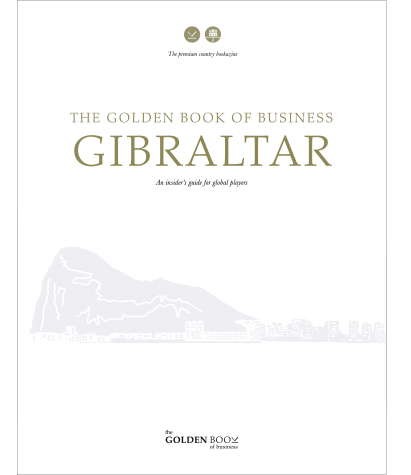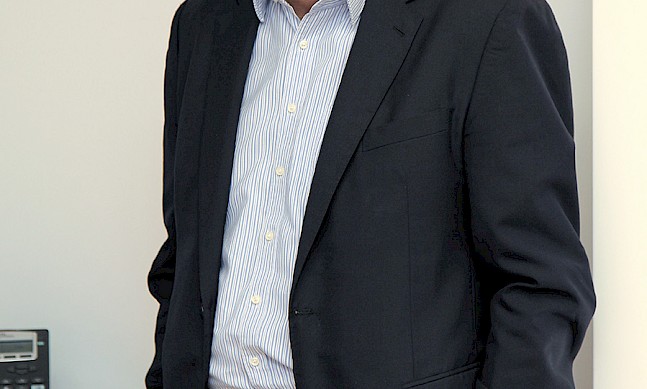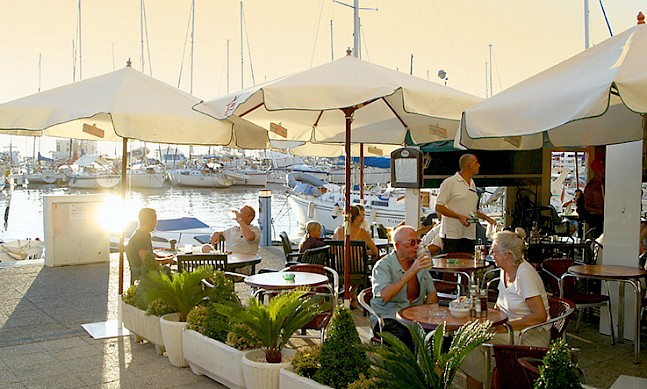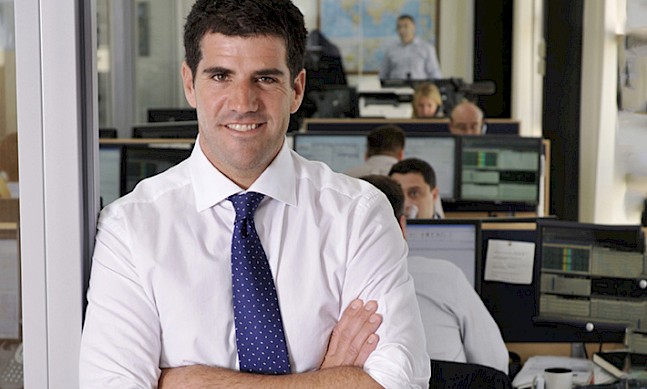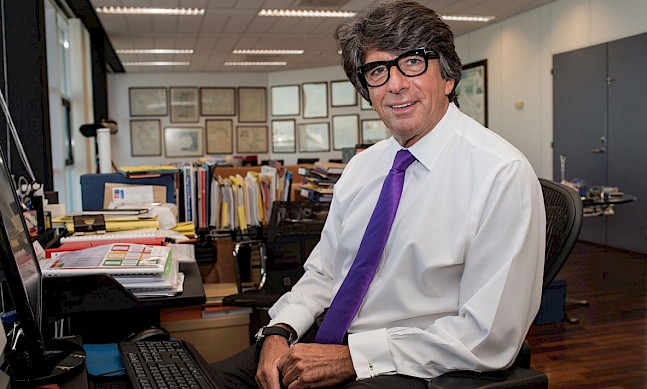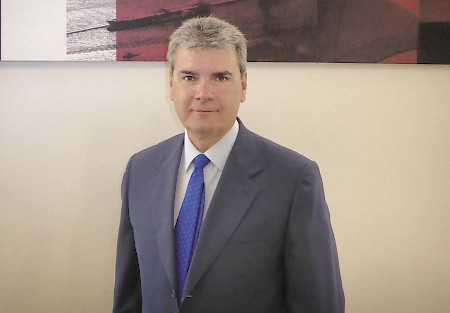
The newly-launched Gibraltar International Bank is the jurisdiction’s national bank. Wholly owned by the government, its aim is to fill a gap in the banking sector to serve retail and corporate clients. Lawrence Podesta, the bank’s CEO, spoke to The Report Company about the challenges involved in setting up a financial institution from scratch.
The Report Company: How have you gone about starting up a bank from nothing? What have been the major obstacles you have faced along the way?
Lawrence Podesta: Initially, you need to work on and establish your business plan. There are quite a number of factors which need to be considered and incorporated into such a plan. As a first step you need to define your business strategy and understand the scope and magnitude of such a strategy. It is only then that you can begin to consider what you need to factor into your plan to make a success of it.
Being a retail bank, we embarked upon identifying what our operational infrastructure requirements would be, which was quite a task in itself. We also defined our commercial expectations for the short term once the bank would open for business. Being a standalone bank, our recruitment strategy was very important to us as we had to make sure that we attracted the right candidates for each position. We employed our senior management first, in order to assist us in the development of processes and procedures. This covered such areas as IT infrastructure, compliance, risk, finance, operations, client relationships and front office.
The setting up of a bank is a complex matter and issues do arise on all fronts, which require to be tackled, and you are faced with numerous hurdles that you have to jump over and sort out. None of these were unexpected, because we knew we were going to face these and we knew we would have to engage with external parties which would require some negotiation, but I can say that at the end of it all no major problems were encountered. At a very early stage in the process, we also engaged with the regulator and worked closely with them in order to obtain our banking licence.
TRC: What is the status of the bank today?
LP: The bank opened for business on 5th May 2015, exactly one year to the day after my colleague Derek Sene, our chief operating officer, and I commenced our employment with the bank. The challenges which we face now are of a different nature to those posed in the setting up of the bank. Apart from the internal operational infrastructure which works well, the bank is a party to a number of agreements with external providers. As with all retail banks, we work in partnership with these third parties in order to provide clearing facilities, payments, debit cards and other deliverables. Most of these processes are fully automated and although tried and tested we are conscious of the fact that the bank, being a startup and in a live environment for the first time, requires extra caution in monitoring that all systems and processes are working correctly. I am glad to say that to date we have not encountered any major issues.
TRC: What was the rationale behind setting up a new bank?
LP: A major international bank which had been providing retail banking services to the community in Gibraltar for over 100 years closed its doors on 29th May 2015. The government of Gibraltar took the initiative, way back in 2013, to create a new retail bank in order to provide banking services to the community and in some measure alleviate the issue created by the exit from the marketplace of this international bank. The Gibraltar International Bank has been widely accepted by the local community and is attracting business from all sectors.
“The Gibraltar International Bank has been widely accepted by the local community and is attracting business from all sectors”Post This
TRC: The bank is government-owned. What mechanisms have been put in place to ensure its independence? Do you foresee the bank being privatised?
LP: The government of Gibraltar had announced publicly from the outset that the Gibraltar International Bank would be run by professionals from the private sector as a commercial enterprise without any direct intervention by government. The board of directors of the bank is comprised of top professionals from our community, and there is no direct representation from government. The government has indicated that it is its intention to consider external shareholders at some point, although they would keep the majority shareholding at all times.
TRC: After starting your career in banking in 1976 and working in a variety of institutions, what led you to take up this role?
LP: I started my career in banking with Barclays in 1976 and after 20 years decided to join the Swiss private bank Lombard Odier where I worked for 18 years. Late in 2013, I was approached by the minister for financial services, Albert Isola, who offered me the position of chief executive officer at the Gibraltar International Bank. It was an offer that I could not refuse. I felt that after a career with international banks for nearly 40 years and being fully aware of the challenges that lay ahead, it would be an honour and a privilege to have the opportunity to set up and run a bank in my hometown Gibraltar, at a time when our community most needed a new bank.
TRC: Can you outline the business plan of GIB over the short, medium and long term in terms of capital adequacy, assets and liabilities and return on equity?
LP: For the immediate future, our focus is to establish the bank in Gibraltar as a top retail bank providing all the products and services typically associated with a retail bank to both corporate and personal customers. For the medium to longer term, the shareholders and board of directors might want to consider offering wealth management services to clients, although we would need to establish whether there is appetite in the community for this type of service. Initially, the bank intends to grow its deposit base considerably in order to enhance our lending capabilities. It is not envisaged that we would require an injection of capital in the short to medium term and we are confident that the bank will become profitable within the next two to three years.
TRC: What is your take on the current global financial situation?
LP: Rightly so, there is a certain amount of anxiety globally regarding such issues as the Greek crisis and the consequences that a Greek exit from the euro might bring. This, and other factors which currently define and mould the financial landscape worldwide, affect the larger multinational credit institutions, as their operations are indeed of a global nature. The Gibraltar International Bank has been set up to provide retail banking services to the community in Gibraltar. As a startup operation, our exposures are limited, although we need to be conscious of developments which could affect us adversely, such as interest rates and foreign currency fluctuations.
“Our focus is to establish the bank in Gibraltar as a top retail bank providing all the products and services typically associated with a retail bank to both corporate and personal customers”Post This


